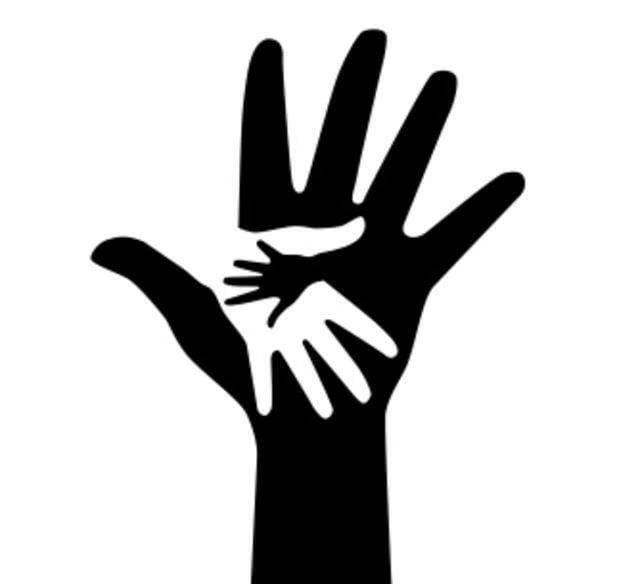Seeking a Universal Law for Tolerance and Intolerance

Conservatives and progressives are troubled in different ways by the concepts of tolerance and intolerance.
Conservatives do silly things like chastise progressives for not being tolerant of their refusal to serve gay people in their businesses. They say things like:
Liberals are all for tolerance, up until someone disagrees with them.
Presumably, they mean liberals should tolerate them not doing business with gays. And I suppose that should extend to blacks, and atheists, and everyone else they don’t like as well.
Well, it doesn’t work that way.
And many liberals have the opposite problem, ironically caused by a similar mistake. They see intolerance in conservative Islam, for example, where Muslim immigrants in the European countries fight for the ability to treat women as property, cut the clitorises from female children, and openly reject their adopted country’s western ideals, and liberals say ridiculous things like:
Well, it’s not our place to judge what others believe. If we start labeling things wrong or right we have become just as intolerant ourselves.
Wait, isn’t that the conservative argument? That you’re being intolerant of them for not doing business with homosexuals? And if it’s ok for liberals to judge intolerant Muslims who engage in female genital mutilation, then why is it not ok for American conservatives to reject homosexuality?
Why is it ok to judge in one scenario but not the other? That’s exactly the question.
A universal approach
Step 1 to solving this problem is realizing that all three groups—American Progressives, American Conservatives, and Conservative Psalmists—are all pursuing the exact same thing.
What? This is preposterous!
Right. Exactly. If you’re a liberal you think the Christian conservatives are trying to harm the country. If you’re a Christian conservative you’re convinced the liberals are out to destroy it. And if you’re a conservative Psalmist then you think they’re both off of the path that will bring peace and happiness.
The key lies in accepting that they all think they’re doing the right thing. If you don’t start there then you can’t proceed.
Once you’ve accepted that we can move on to the next point, which is that if all three groups think they’re doing the right thing, and all three groups are trying to stop the wrong things from happening, then we need to capture this in a definition of right and wrong. How about:
We should support behaviors that increase the happiness and reduce the suffering of humans on earth, and we should criticize and discourage behaviors that do the opposite.
But this is deceptively simple since everything hinges upon what actually increases happiness and reduces suffering. That’s where all the disagreement is. But as long as we agree that everyone’s trying to do that we can proceed with trying to discover the next requirement.
We need a benchmark for happiness and suffering, which then becomes the guidepost for improving those two things, which then gets defined as good and bad.
Perfect. So, what can we use as a universal standard for defining happiness and suffering, and therefore good and bad? I only see a couple of options:
An absolute moral code given to us by the creator and judge of morality itself
A science-based and data-backed consensus on what types of inputs and stimuli improve and reduce happiness and suffering, both in the short term and long term
I don’t see any other options. If you do, please let me know.
Now, given these two options I’ll quickly discard the first for reasons that have been well covered. This adequately dismisses conservative foundations for good and evil, as well as any progressive model that isn’t science and data based.
The remaining option, therefore, is for us to learn what makes people most happy, and what causes the most suffering, and then adjust our behaviors accordingly.
Practical applications
So where does this leave us? Are we any better off now that we’ve explored this? I think so. Let’s look at some examples.
Religious say it’s good for society for them to not have to serve gays in their businesses
Religious groups say it’s good for society to allow honor killings
Religious groups say gay marriage should be illegal
Liberal groups say gay marriage is good for society
Atheist groups say teaching religion is bad for society in the long term
Atheist groups say it’s bad for society to teach anti-science in schools under the guise of religion
What all of these have in common is that they are claims. Nothing but claims. Everyone feels strongly about them, and they can point to this and that to justify them.
But the things they’re pointing to are usually insufficient. If you’re pointing to your interpretation of primitive holy reading, you fail. And if you’re pointing to your touchy feely liberal compass, you fail.
The answer is data. The answer is measurement. The answer is science.
We must learn how to measure the happiness of a society, the suffering in a society, and, ultimately the success of a society. And once we can measure these things we can start observing how various factors affect those outcomes.
This sounds hard, and it is. But it can be done. Probably not perfectly, and there will be challenges, but we really have no other option for making universal moral judgments. We must look to the data and see what actually works. Only then can we say for sure that this or that is good or bad for society.
And in the meantime, let’s refer to data and outcomes wherever possible to support our claims along the way.